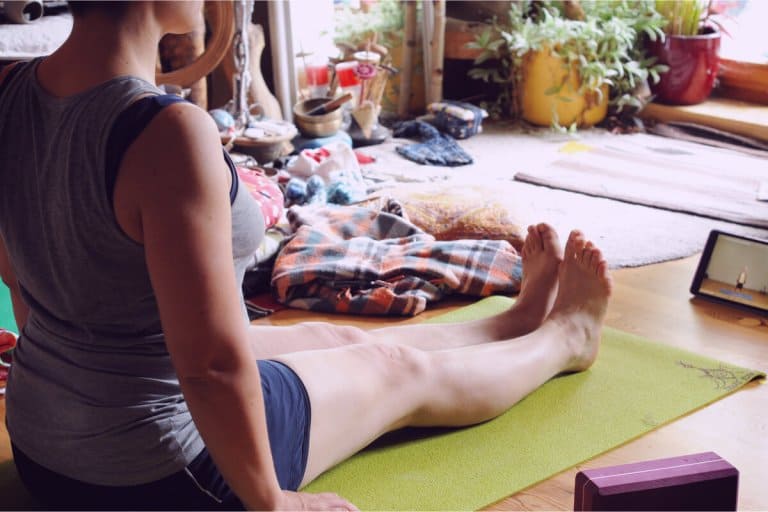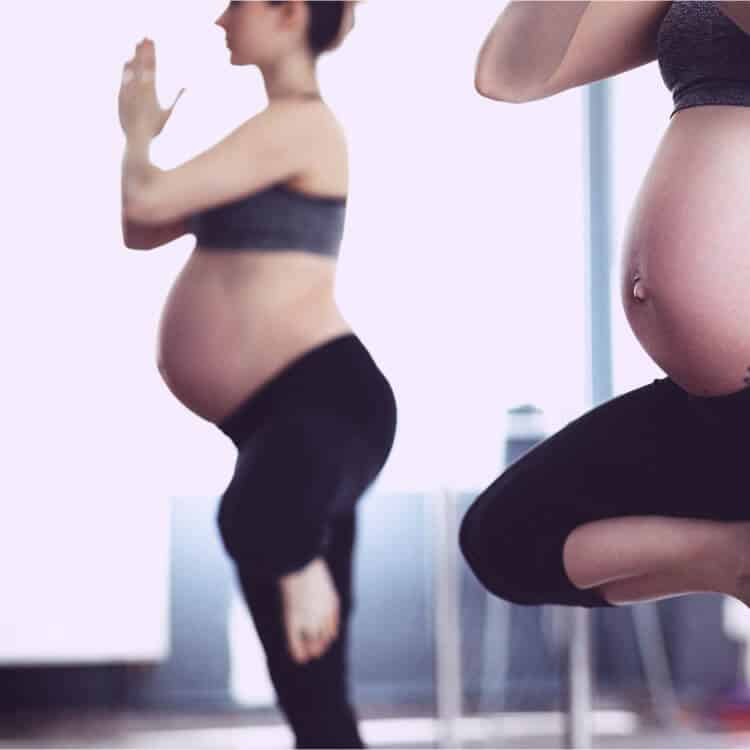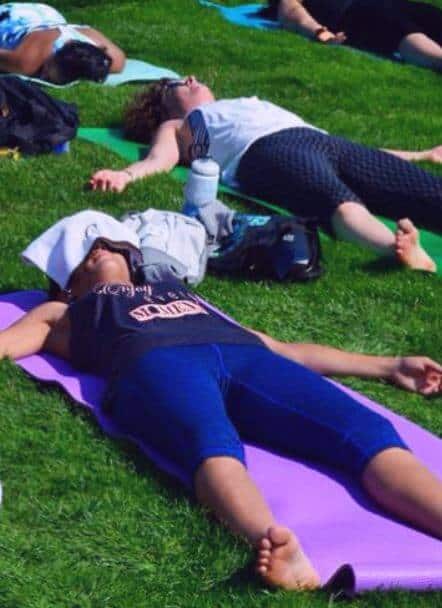Breath in, Breath out: How Meditation Can Make You a Better Mom

The Challenges of Motherhood
Being a mother isn’t easy.
It doesn’t matter if you are a ‘full-time’ homeschooling mom or a working mom. An afterschooling mother, a working homeschool mom, or just a stay-at-home mom.
You are constantly multitasking, trying to balance your new-found role as the ultimate caretaker of a child, and rediscovering how your own individuality can be maintained.
You have your husband (or boyfriend) to worry about, your hobbies, and possibly even a career…and then you have dinner, you have laundry, you have doctor appointments, groceries, cleaning, school activities.
Many of us are even forced the become caretakers of other people when our relatives grow older and are no longer capable of being entirely independent.
No wonder so many mothers turn to other sources of relaxation, from the Mother’s Little Helper craze to increased alcohol consumption, far surpassing that of our own mothers and grandmothers.
When you are consistently focused on someone else’s problems and needs, it's hard to gain perspective. Much less find the time to ponder your own life. Even though it will make you a more attentive parent, creating more “me time” can take a toll on your physical and emotional health.
The idea of taking some me time can seem luxurious or even unattainable to some, but there are ways to do it that all completely cost free and can improve your overall abilities and well-being.
One of them is meditation.
How meditation can help you
You might think this option is not for you.
“I don’t have the time,” you say to yourself. “But even if I did, I would rather exercise,” you ponder.
We all have time to meditate, the question is how much. If you have any time to chill out – which can mean anything from having a glass of wine after putting the children to bed to watching (in some cases binge-watching) your favorite TV shows – then you certainly have time to meditate.
Unlike so many popular forms of de-stressing, meditation will benefit you long-term instead of being a fast fix for a stressful day.
Self-care is important, and meditation can provide you with the relaxation you require to have a better life. The benefits of meditation are innumerable, and they have been noted by both schools and companies alike. From decreased stress and anxiety to increased compassion and empathy, meditation can teach you how to communicate better with your partner and loved ones and how to avoid feelings of negativity.
How to meditate: Types, techniques, and resources
Your next question might be: but how do I meditate? Well, meditation comes in various forms and, like mentioned before, it’s more of a long-term process even though you can start noticing some benefits early on.
It’s possible to do it alone by yourself at home, but there are also guided meditation sessions in case you feel like you can’t do it alone.

Some websites offer quick guides to meditation, like this one or this one. There also several types of meditation to help you achieve mindfulness. My advice is to research which one will be most appropriate for your individual situation.
Usually, however, mothers tend to focus on meditation techniques aimed primarily at stress-reduction. Why? For most of our problems, stress is the root culprit. It can severely damage our relationships with our children and partner and be detrimental to our work performance.
Just a few minutes a day can make all the difference and keep you away from a mental breakdown. The more you avoid, the more quality time you can invest into your family members. When problems arise, you’ll be better equipped to handle them.
If you have health problems, such as high blood pressure, sleeping disorders, depression, irritable bowel syndrome, or chronic pain, meditation is also medically advisable in conjunction with your overall treatment.
Features of Meditation
Some features of meditation are universally accepted, no matter the particular kind you practice. These include relaxed breathing exercises and focused attention to help you free your mind, usually with the help of a repeated mantra of image.
 Despite popular conception, you do not have to meditate sitting down. You can also do it lying down or even walking. Just make sure to keep a correct posture, so you won’t put too much pressure on your muscles, and look for the most comfortable position as possible.
Despite popular conception, you do not have to meditate sitting down. You can also do it lying down or even walking. Just make sure to keep a correct posture, so you won’t put too much pressure on your muscles, and look for the most comfortable position as possible.
In the beginning, it is also advisable to meditate in a quiet place, but as you become more skilled, you will soon be able to tune out the noise and focus only in your mind. Let thoughts pass freely through your head and avoid obsessing over little matters that bothered you throughout the day.
Meditation is supposed to let you make peace with that, forgiving those who might have injured you and focusing instead on the loving things about your life that make it worth living.
Apps for Mom’s Meditation
There are a series of apps that can help you meditate without needing any assistance from a professor. These are Calm, Omvana, Headspace, and Getting Into the Vortex.
Some are free, some are paid (usually with a free trial, however) and they can help you break free from the beginner stage. Afterward, when you feel confident you can design a meditation exercise by yourself that is for yourself.
Perhaps you will even include some yoga poses or stretching positions. These will further relax your muscles as well as your mind.
Religious Meditation
The benefits of meditation are recognized by many different cultures in the world. As a result, you’ll discover “yoga” class can mean many different things depending on your location and where the class is held.
If you are religious and perhaps a bit wary of whether to engage in “ancient practices” of other religious traditions, fear not!
Meditation is a tradition in almost every major religion. There are Christian meditations available that incorporate prayer, as well as Jewish and Muslim.
Introduction to Yoga Conclusion

I genuinely hope this short guide for meditation has helped you! As a mother, I think it is best to think about meditation as self-care. Not only is Yoga a practice that will improve your personal physical and mental well-being, it encourages healthier relationships with others.
Who knows, perhaps other members of your family can benefit from it as well. Be the first one to set an example of a healthy, meaningful, contemplative, and possibly spiritual way of discovering much-needed relaxation.







Leave a Reply